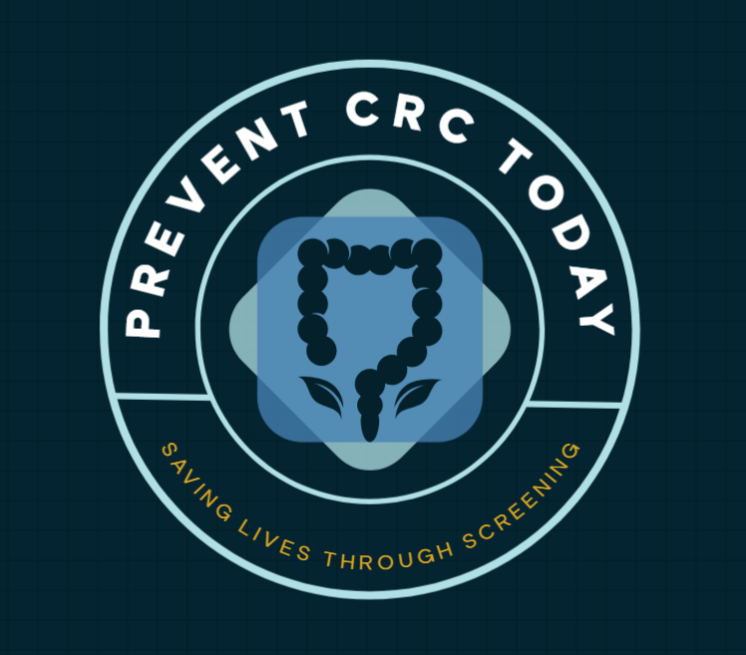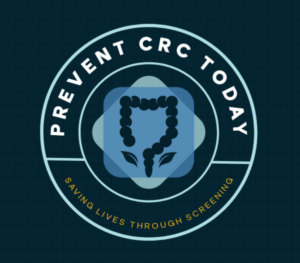If It’s Been 10 Years, It’s Time Again
If your last colonoscopy was 10 years ago and normal, congratulations — you’ve been on the best path to protecting yourself from colorectal cancer. But now it’s time to repeat the test.
Colorectal cancer often develops slowly, beginning with polyps that grow over many years. Staying on schedule ensures these polyps are removed early, when they pose the least risk.
Colonoscopy Prevents Cancer, Not Just Detects It
Most screening tests look for cancer after it already exists. Stool tests like FIT or Cologuard® check for hidden blood or abnormal DNA. If positive, they always require a colonoscopy.
Colonoscopy goes further. It’s the only test that can:
- See a polyp — directly examine the colon lining.
- Remove a pre-cancerous polyp — eliminate it during the same procedure.
- Prevent a cancer — stop cancer before it begins.
That’s prevention, not just detection.
The Most Sensitive Test for Cancer and Pre-cancerous Lesions
Non-invasive tests are improving, but they can still miss cancers and are unreliable at identifying high-risk pre-cancerous lesions. That’s critical because:
- High-quality colonoscopy is nearly 100% sensitive for detecting cancer.
- Detection rates for advanced pre-cancerous polyps are consistently higher than those for stool tests.
- Studies show colonoscopy reduces colorectal cancer risk by 60–70% through polyp removal.
Early Detection = Better Outcomes
If cancer is discovered, finding it early makes a big difference:
- More treatment options – Cancers can often be cured with surgery alone or removed during the colonoscopy procedure itself.
- Less invasive therapies
- Survival rates above 90%
Delaying your 10-year colonoscopy lets polyps or cancers grow unnoticed, which is why guidelines emphasize sticking to the schedule.
Why Choose Colonoscopy Over Non-Invasive Tests?
- One-and-done: If normal, you are set for another 10 years.
- No repeat testing: Stool or blood test positives still mean colonoscopy.
- Prevention, not just detection: Colonoscopy actively removes risk.
Colonoscopy Is Easier Than It Used to Be
Fear of the prep is a common reason people delay. The good news is prep is much better than it was 10 years ago:
- Lower-volume options mean less to drink.
- Pill-based preps are now readily available.
- Sedation and comfort have improved significantly.
Talk with your physician’s office about which prep is best for you.
The Bottom Line
At age 60 and beyond, your risk is higher. Only colonoscopy can:
- See a polyp.
- Remove a polyp.
- Prevent a cancer.
Don’t delay. A routine colonoscopy today protects you for another decade.
👉 Stay protected for another decade — fill out your details below or call our office to book your colonoscopy.

Dr. Newton, a seasoned gastroenterologist with over 10 years of experience, practices at Gastroenterology Specialties and the Lincoln Endoscopy Center in Lincoln, Nebraska. Maintaining a busy clinical practice, he is deeply committed to educating patients, particularly about colon cancer screening, empowering them to take an active role in making informed health decisions.


